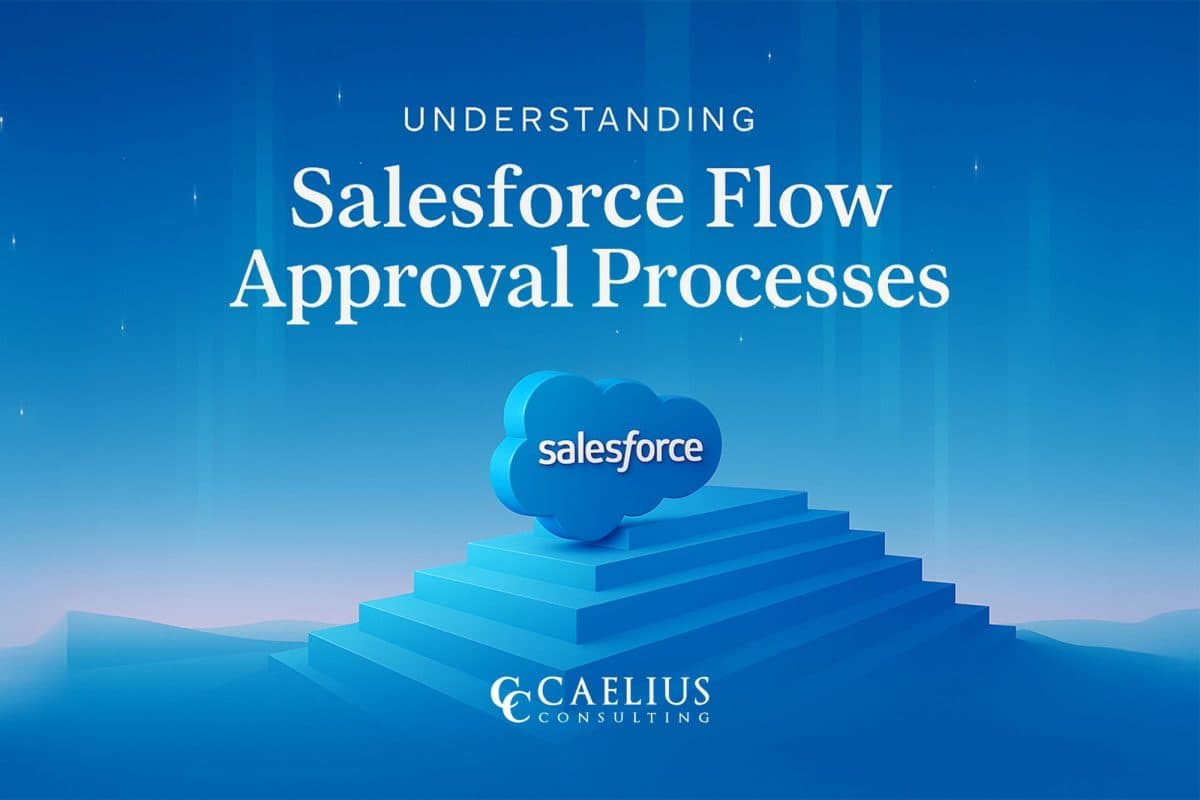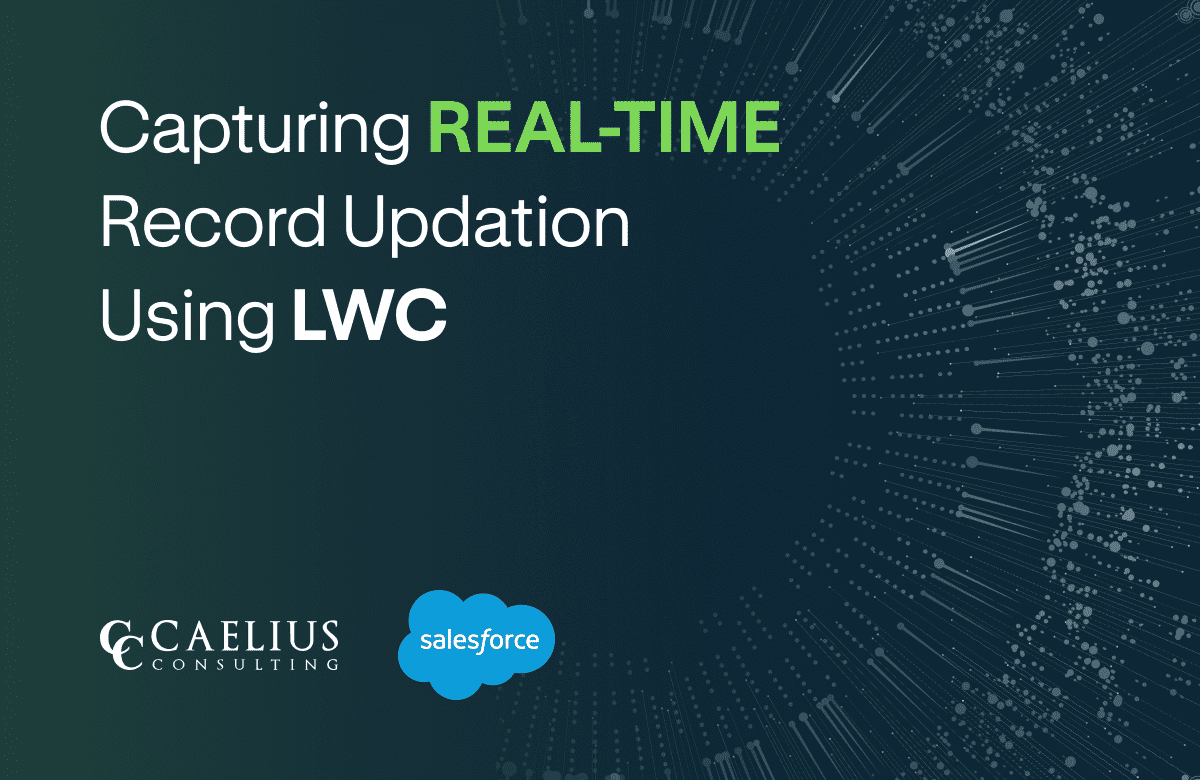Setup Okta as Identity provider on MuleSoft Anypoint Platform

MuleSoft Anypoint Platform can be configured for Single Sign-On (SSO) using Okta, OpenAM or PingFederate. SSO is useful to authenticate and access multiple applications/websites by logging in only once. Identity Management can be configured using one of the below SSO standards:
- OpenID Connect
- SAML 2.0
Configuring Okta
1. Create an account on Okta if you do not have one already.
2. Once you log in, create a new application by clicking on the Application menu tab.

Select Web on the next screen and click next.

3. On the next screen, we have to provide details like application name, redirect URI etc.

Give a name to your application. Provide https://anypoint.mulesoft.com against Base URIs or leave it blank. Login Redirect URI is of following format – https://anypoint.mulesoft.com/accounts/login/{{domain}}/redirect
Note: {{domain}} is organization-specific, to retrieve that, login to Anypoint Platform -> Access Management -> Organization > Click on the organization name and copy the Organization Domain.
4. Finish the process and take note of the client ID and Secret displayed at the next page’s bottom.

5. From the top menu bar, go to API -> Authorisation Servers

Click on default.
6. Clicking on Metadata URI will open a new tab with JSON payload listing Authorization and token endpoint, which will be used in the platform to set up the Identity Provider.

Configuring MuleSoft AnyPoint Platform
1. Log in to the platform, and navigate to Access Management > Identity Provider

2. On the next screen, click on Use manual registration and enter the Okta application’s client Id and secret.

To test the setup
Once the MuleSoft Anypoint platform and Okta setup are done, we can test the SSO functionality by browsing URL https://anypoint.mulesoft.com/accounts/login/{{domain}} which will be redirected to the Okta login page instead of Anypoint platform one.
Adding User
New users can be added to the Anypoint platform from Okta instead of inviting them from Access Management.
To add new user login to your Okta account, navigate to Users -> People -> Add Person

Provide the required details. The added user can navigate to the login URL and sign in.
Recent Blogs

Salesforce Pricing Automation: Boost Efficiency And Accuracy with Apex Triggers
Introduction In order to succeed in today’s fast-paced business landscape, precision and speed define competitive advantage. For businesses, especially those managing complex product catalogs, ensuring accurate pricing on sales orders or custom lines can be a time-consuming and error-prone task. To overcome this challenge, Salesforce trigger handlers offer a powerful solution to automate the entire… Continue reading Salesforce Pricing Automation: Boost Efficiency And Accuracy with Apex Triggers
Salesforce Pricing Automation: Boost Efficiency And Accuracy with Apex Triggers
Introduction In order to succeed in today’s fast-paced business landscape, precision and speed define competitive advantage. For businesses, especially those managing complex product catalogs, ensuring accurate pricing on sales orders or custom lines can be a time-consuming and error-prone task. To overcome this challenge, Salesforce trigger handlers offer a powerful solution to automate the entire… Continue reading Salesforce Pricing Automation: Boost Efficiency And Accuracy with Apex Triggers

Connecting MuleSoft and Azure SQL with Entra ID
Introduction Establishing a secure connection between MuleSoft and Azure SQL Database can be challenging, especially if you are using Entra ID (formerly known as Azure Active Directory) for authentication. This blog walks through a fully working configuration for connecting to Azure SQL using ActiveDirectoryServicePrincipal in Mule runtime 4.7.4 with Java 8 — addressing driver setup,… Continue reading Connecting MuleSoft and Azure SQL with Entra ID
Connecting MuleSoft and Azure SQL with Entra ID
Introduction Establishing a secure connection between MuleSoft and Azure SQL Database can be challenging, especially if you are using Entra ID (formerly known as Azure Active Directory) for authentication. This blog walks through a fully working configuration for connecting to Azure SQL using ActiveDirectoryServicePrincipal in Mule runtime 4.7.4 with Java 8 — addressing driver setup,… Continue reading Connecting MuleSoft and Azure SQL with Entra ID

Understanding Salesforce Flow Approval Processes
Introduction: Salesforce introduced Flow Approval Processes in the Spring '25 release. This is an evolved version of the classic approval process model, powered by Flow Orchestrator. The new approach brings unprecedented flexibility, enabling the creation of dynamic, multi-level, and logic-driven approval workflows that are entirely declarative. Continue reading the blog to get a deeper understanding… Continue reading Understanding Salesforce Flow Approval Processes
Understanding Salesforce Flow Approval Processes
Introduction: Salesforce introduced Flow Approval Processes in the Spring '25 release. This is an evolved version of the classic approval process model, powered by Flow Orchestrator. The new approach brings unprecedented flexibility, enabling the creation of dynamic, multi-level, and logic-driven approval workflows that are entirely declarative. Continue reading the blog to get a deeper understanding… Continue reading Understanding Salesforce Flow Approval Processes

Capturing Real-time Record Updation Using LWC
Introduction In modern CRM ecosystems, real-time Salesforce integration and seamless user experiences are no longer optional but fundamental for driving operational efficiency. Imagine your sales reps making important Opportunity changes, but the ERP remains out of sync, leading to confusion and data errors. We understood the necessity to bridge this data gap and implemented a… Continue reading Capturing Real-time Record Updation Using LWC
Capturing Real-time Record Updation Using LWC
Introduction In modern CRM ecosystems, real-time Salesforce integration and seamless user experiences are no longer optional but fundamental for driving operational efficiency. Imagine your sales reps making important Opportunity changes, but the ERP remains out of sync, leading to confusion and data errors. We understood the necessity to bridge this data gap and implemented a… Continue reading Capturing Real-time Record Updation Using LWC